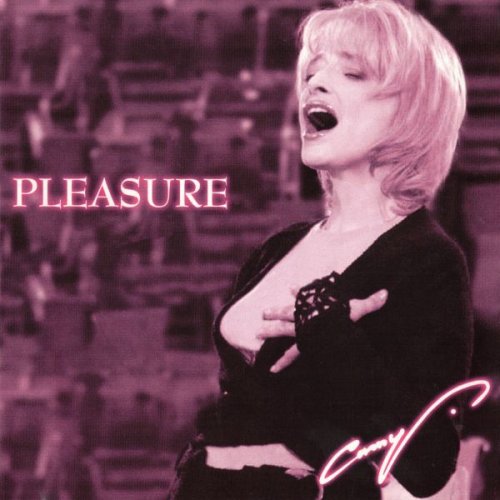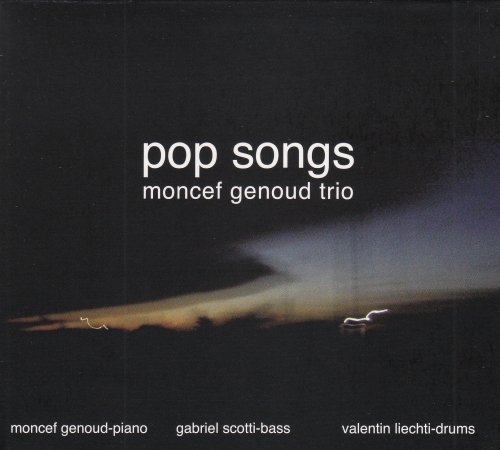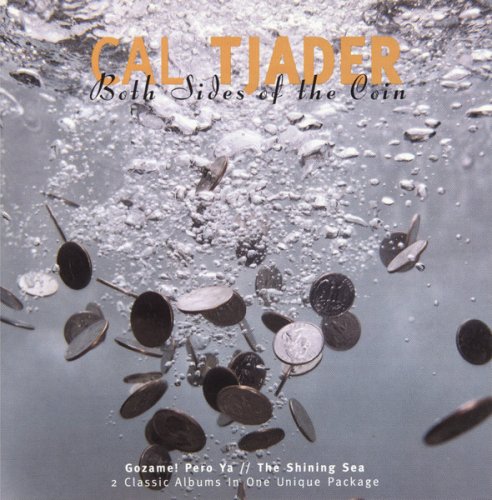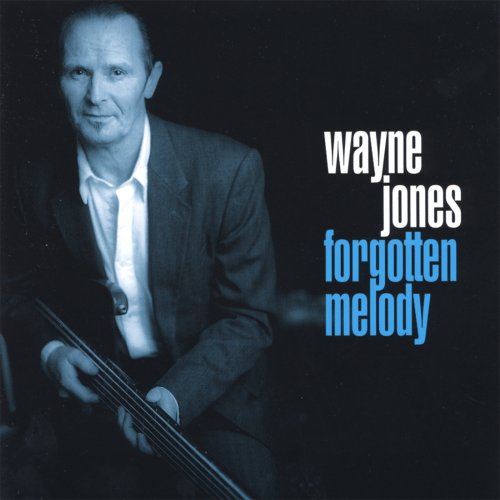Les Talens Lyriques, Christophe Rousset - Rameau: Six Concerts en sextuor (2003)
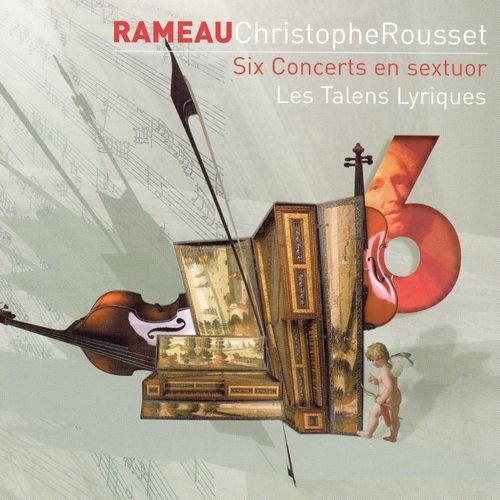
Artist: Les Talens Lyriques, Christophe Rousset
Title: Rameau: Six Concerts en sextuor
Year Of Release: 2004
Label: Decca
Genre: Classical
Quality: FLAC (image+.cue,log,scans)
Total Time: 71:49
Total Size: 425 Mb
WebSite: Album Preview
Tracklist: Title: Rameau: Six Concerts en sextuor
Year Of Release: 2004
Label: Decca
Genre: Classical
Quality: FLAC (image+.cue,log,scans)
Total Time: 71:49
Total Size: 425 Mb
WebSite: Album Preview
Concerts (6) for 3 violins, viola & 2 cellos (spurious transcription)
Premier Concert
1 La Coulicam 3:12
2 La Livri (Rondeau gracieux) 2:22
3 Le Vézinet 2:22
Deuxième Concert
4 La Laborde 4:52
5 La Boucon (Air gracieux) 3:45
6 L'Agaçante 2:19
7 Menuets I & II 3:51
Troisième Concert
8 La Lapoplinière 4:02
9 La Timide 4:13
10 Tambourins I & II 2:25
Quatrième Concert
11 La Pantomime 3:44
12 L'Indiscrète (Rondeau) 1:13
13 La Rameau 4:17
Cinquième Concert
14 La Forqueray (Fugue) 4:10
15 La Cupis 6:05
16 La Marais 2:17
Sixième Concert
17 La Poule 4:08
18 Menuets I & II 3:02
19 L'Enharmonique 6:13
20 L'Égyptienne 3:17
Performers:
Les Talens Lyriques
Christophe Rousset, conductor
Among the finest performers of early music and arbiters of period practices, Christophe Rousset and Les Talens Lyriques turn their attention here to the composer whose work inspired the ensemble's name and purpose. In this 2000 disc devoted to the music of Jean-Philippe Rameau, Rousset and his ensemble turn in vigorous and appealing performances that present Rameau's music in a new light. The chaste and sometimes severe Pièces de clavecin en concerts are dramatically transformed in these sumptuous versions for string orchestra and continuo. Transcribed as six concerts in six parts -- presumably by Jacques-Joseph-Marie Decroix in 1768 -- Rameau's music no longer sounds dry or clinical, but lively, amusing, and filled with dramatic flair. The authenticity of these transcriptions may be debated, but the results in performance are so delightful that authorship seems a trivial concern. Rousset and company accept the arrangements as valid, and their exciting readings should put the matter to rest. The sound of the recording is quite resonant, and one might complain that the live acoustics of the studio tend to blur the parts too much. Yet this is easily forgiven when the strings' increased luster is weighed in the balance, and when choice dissonances melt into a halo of glorious sonority, the effect is stunning.
![Coleman Hawkins - Coleman Hawkins And Confrères (1958/2026) [Hi-Res] Coleman Hawkins - Coleman Hawkins And Confrères (1958/2026) [Hi-Res]](https://www.dibpic.com/uploads/posts/2026-01/1769713125_cover.jpg)
![Maggie Nicols, Robert Mitchell, Alya Al Sultani - Immersion (2026) [Hi-Res] Maggie Nicols, Robert Mitchell, Alya Al Sultani - Immersion (2026) [Hi-Res]](https://www.dibpic.com/uploads/posts/2026-01/1769693064_yrm6d389ngyra_600.jpg)
![Ben Webster - King Of The Tenors (1956/2026) [Hi-Res] Ben Webster - King Of The Tenors (1956/2026) [Hi-Res]](https://www.dibpic.com/uploads/posts/2026-01/1769713395_cover.jpg)
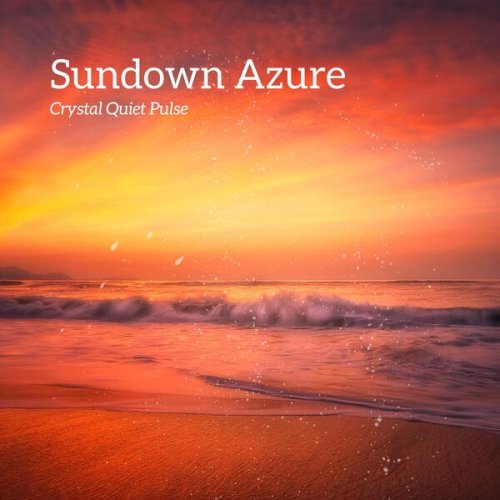
![Sepalot - closer (2026) [Hi-Res] Sepalot - closer (2026) [Hi-Res]](https://img.israbox.com/img/2026-01/30/tbtrw8vul7fg4oun5l1msn4co.jpg)
